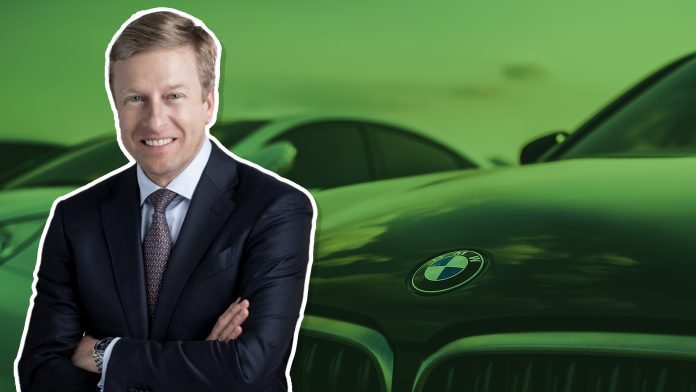After revealing it had beat 2022 forecasts last Thursday, BMW has announced it is targeting a higher EBIT margin (earnings before interest and taxes) in 2023, fueled by its premium and electric products.
Last week, the German automaker declared it had met its targets for 2022, with an automotive EBIT margin of 8.6%, resulting in a un-adjusted profit of 10.6 billion euros ($11.4 billion). For 2023, the company forecasts it will make slightly more, with a range of 8% to 10%.
Apart from its admirable performance in 2022, the EBIT margin calculation is also based on several factors which BMW believes will work in its favor. First, BMW is counting on “stable” demand, “despite the current high level of inflation and interest rates…” Second, the company believes that its worldwide deliveries will “increase slightly” without notable fluctuations in pricing. Finally, the automaker predicts that the pace of battery-powered electric vehicle and premium sales will speed up during 2023, with the former seeing double digit growth.
The automaker’s BEV sales doubled in 2022, reaching more than 215,000 units, a number it claims is substantially higher “than its direct European competitors and…the majority of Asian and US new entry players.” Currently, the brand’s electric car sales account for 7.37% of its total sales, a percentage it now expects to reach 15% by the end of the year, and 50% before the end of the decade. Within three years, BMW plans to dedicate roughly a third of its lineup to EVs, and has two new models scheduled to launch in the coming months. With this, the manufacturer has officially joined other global OEMs in re-energizing the industry’s electrification push, which had seemed to lose steam in the latter half of 2022 due to supply chain disruptions and affordability issues. While some growth in the EV segment are a safe bet, it remains to be seen if BMW’s EBIT margin prediction will materialize, or if economic headwinds will continue to restrict expansion.




